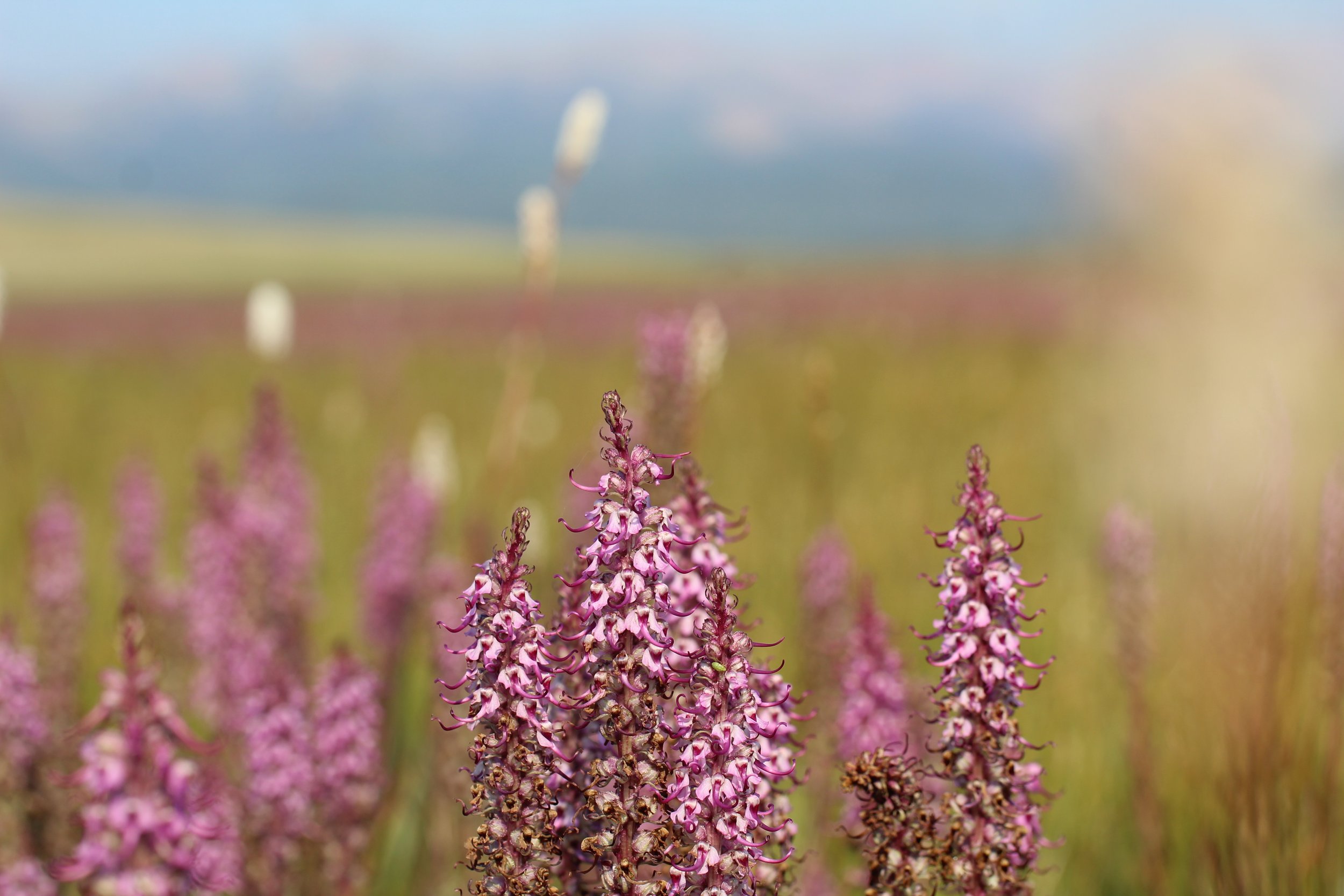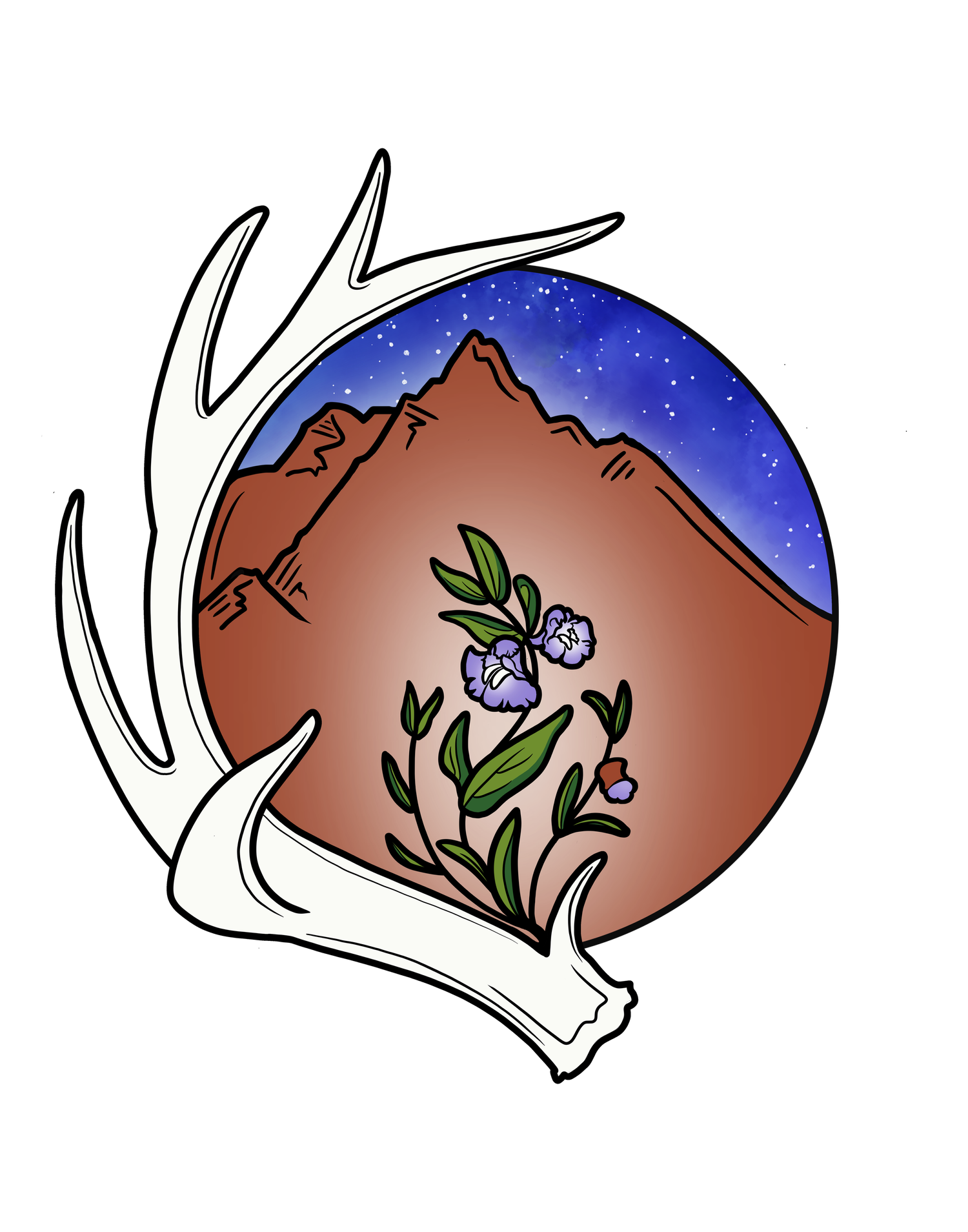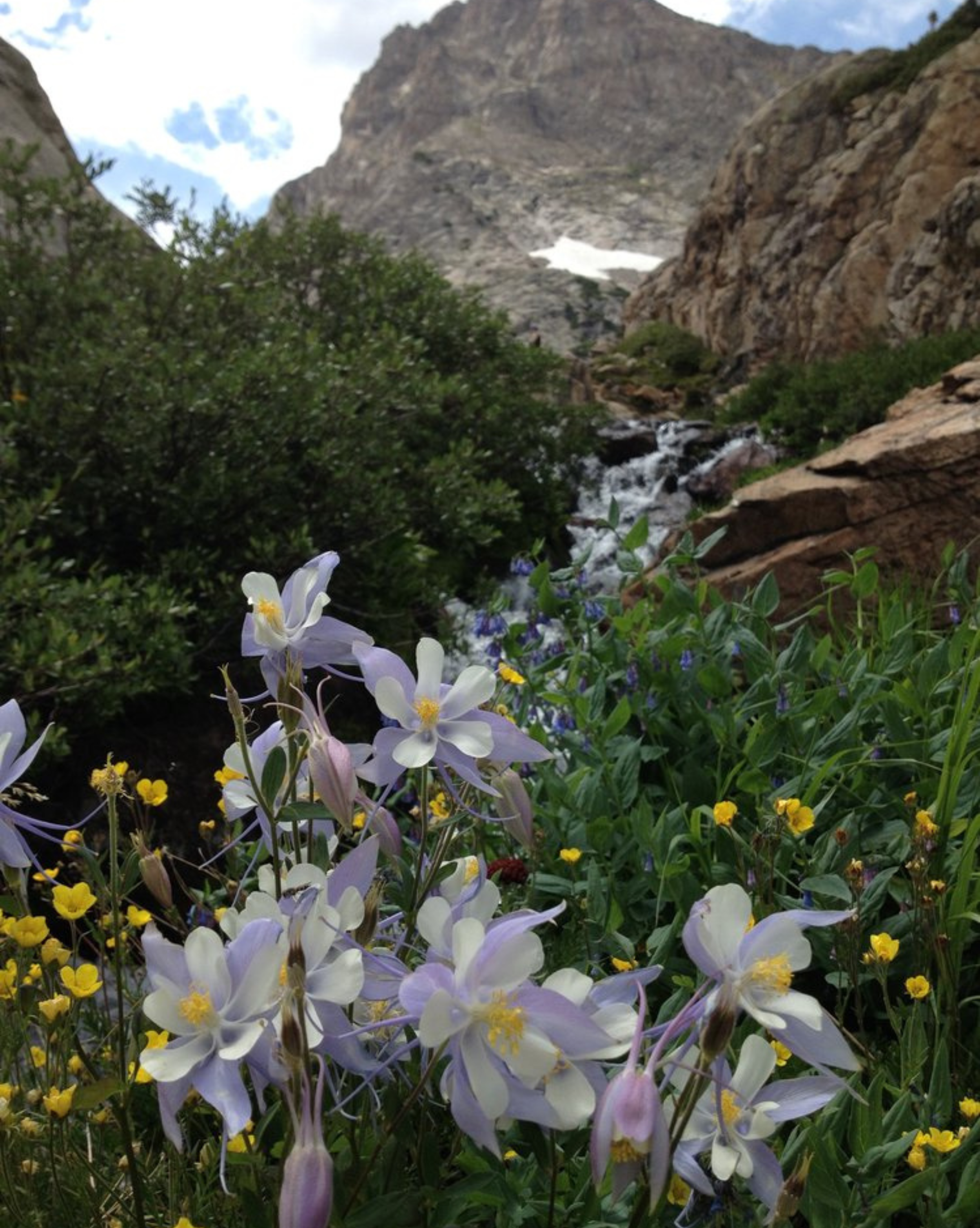
Meet the Green
CATEGORIES
Herbal First Aid on the Colorado Front Range
When used correctly, plant medicine can be super effective for those bumps in the road that seem to come with any proper adventure! Fortunately for us, there are a number of super common weeds here on the Front Range of Colorado and throughout the US that make up an ever present summer first aid kit.
Sumac: A Late Summer Tea
The Perfect Summer Tea
If you pick your sumac fruits too early, you end up with slightly yellow water and the merest trace of flavor. Make sure your fruits are deepest red, and have a sour tang to them when you taste a drupe-it should be a pretty potent flavor.
Fuzzy Drupes and Dr. Seuss: Staghorn Sumac
Doctor Seuss was definitely consulted when this plant was created.
From the fluffy, alien looking fruits, to the scraggly antler-like fuzzy branches, this plant is straight out of the Lorax.
Its also one of our more charismatic New England plants, and makes one of my favorite teas for hot weather.
Goodness Graminoids!
The other graminoids, while not true grasses, are truly beautiful, and full of fascinating flowers and uses.
Of course, 'graminoids' would also be the perfect name for the main characters of a plant based alien movie "The Attack of the Graminoids"-someone should get on that.)
Goodness Grasses!
Bread! Beer! Sugar!
Without grasses, these rather delightfully corrupting substances wouldn’t even exist.
Medicinal Mints
Mints have a tendency towards stirring up the mucous membranes (that’s all those pink shiny places inside the body that we try not to think about).
So while they definitely affect the whole body, they have an especial affinity for a few specific areas.
Insightful, Inciting, Invasives
Invasive. Exotic. Introduced.
These are dirty words in the lingo of many botanists and naturalists. The division that this creates in the botanical/herbal world is astonishing.
Ridicularis Pedicularis
Parrots beak. Lousewort. Elephantella.
With common names like these, it’s hard not to be interested in this plant.
Fabulous Flower Forms: The Sequel!
Cyme comes from the French word cime, meaning ‘top/summit’. This one is a bit more capitalist, as the flowers on cymes essentially bloom from the top down.
Fabulous Flower Forms
Spike, Solitary, and Head may all sound like biker gang nicknames. But in fact, these are some of the delightfully nerdy terms used to describe flowers.
Herbal Actions: Awesome Alteratives
Cabin fever. Climbing the walls. Winter Blues.
If you live in a northern climate like New England, you probably know the feeling. This is where Alteratives come in, the ultimate spring cleaners.
Meet the Mints!
Take away the mint family and your spice rack becomes a very boring place. Many of the most common cooking herbs are in this family. Not so coincidentally, they are also some of our most common medicinal herbs.
Spicebush: Tiny Flowers, Awesome Medicine
Like so many fragrant herbs, spicebush is a carminative. Carminative comes from the Latin carminare, meaning ‘makes you fart’. Okay, so not really. But it’s actual translation comes to something along the lines of ‘remove impurities’, so in essentials it comes to the same thing.
Marvelous Maples
Pancakes. Fall. Canada.
None of these would be quite the same without maple trees. From delicious syrup, to habitat for a host of native critters, maple trees are just plain magical.
Yellow Dock: A Spring Tonic For Shaking Off Winter
A potent medicinal, this herb has all the right actions to shake things up for spring.
A prodigious weed, yellow dock has a tap root that ends only once it reaches the earth’s molten core (at least this is what I assume, because I can never seem to get the whole root out).
Skunk Cabbage: A Whiff of Spring
Alien space pod. Harbinger of spring. Stinky. Miraculous.
All across the Eastern US, people are feeling the stirrings of spring. Sun on our faces. Birds singing merrily. And the pungent skunk cabbage, giving us a sense of hope for the new season, and eliciting the common, “Is that a skunk?” argument.
The Mighty Dandelion, Part 1
Along with being an herbalist, I’m also a word-geek, which in the case of dandelion is quite useful...


















